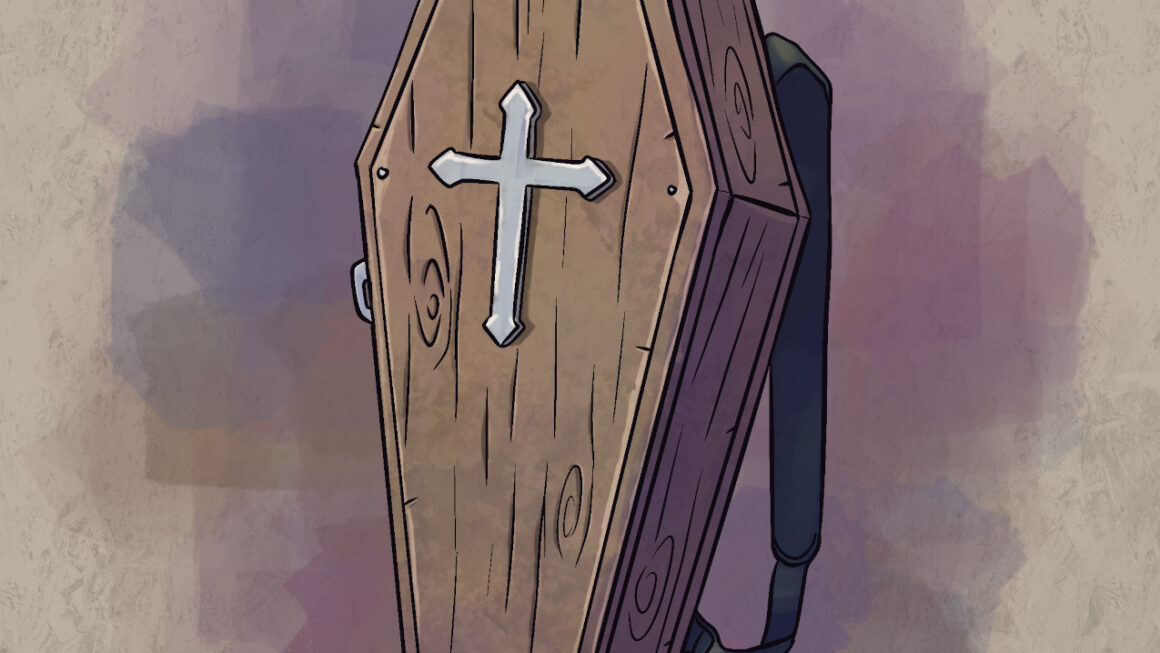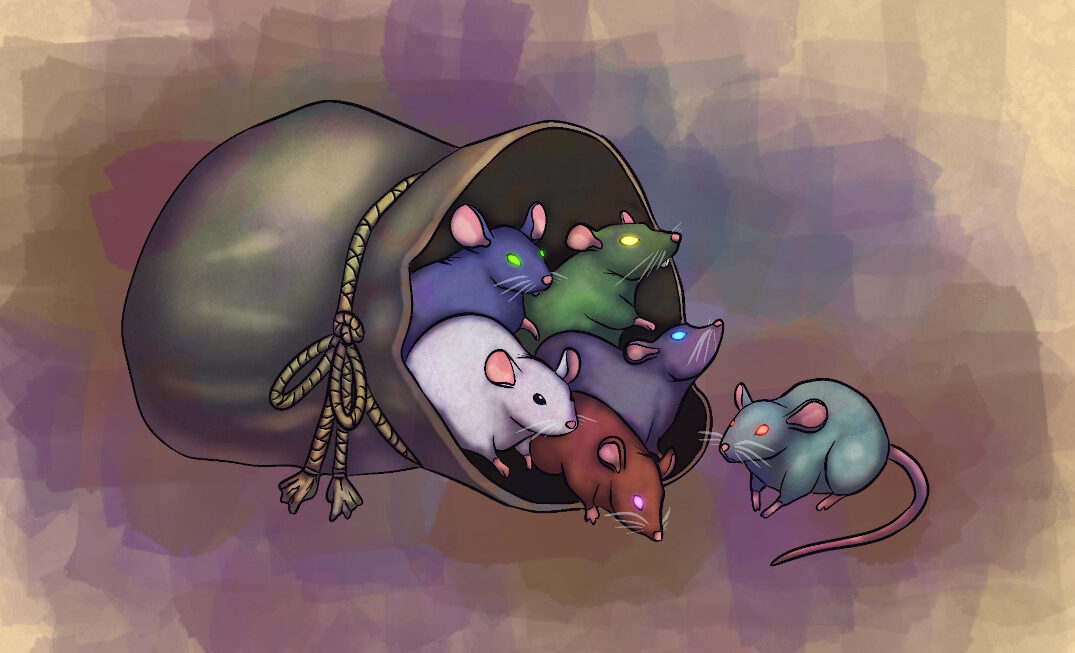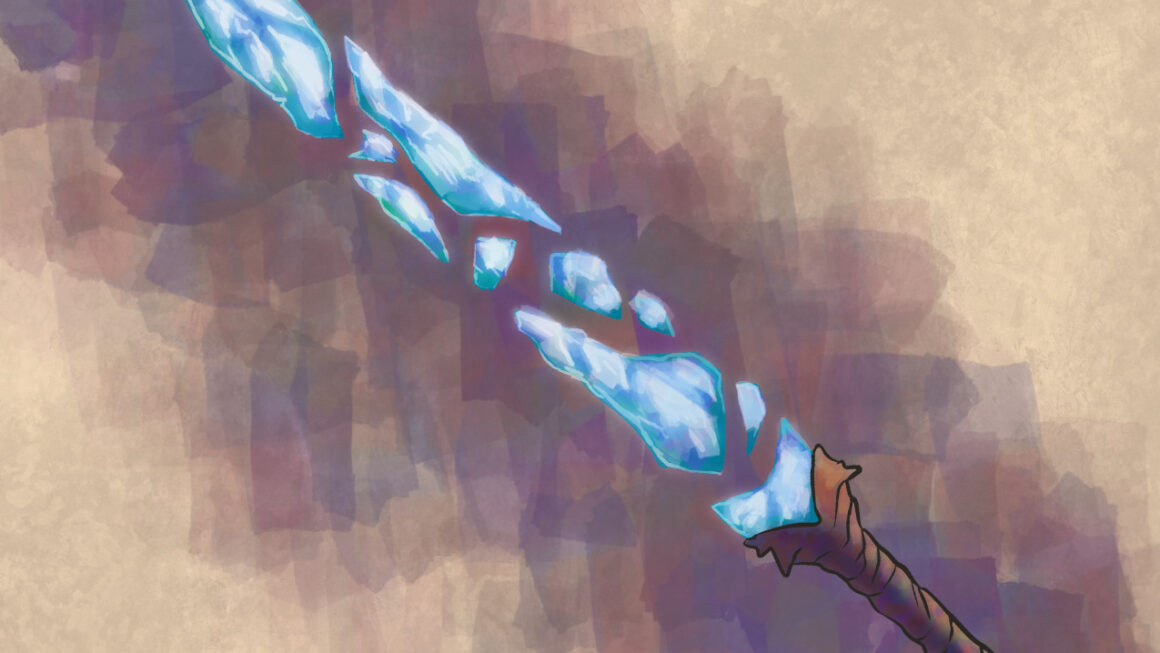Afflictions are potent magical effects that impose various maledictions on victims. They often have specific methods for removal and are not easily dispelled by magic. The range of effects can vary from minor pranks to significant behavioral changes. Both roleplaying and mechanical aspects are included in affliction descriptions, impacting characters in different ways. Players are encouraged to embrace both aspects for the best experience from these seven deadly afflictions.
Afflictions can be contracted in numerous ways, such as touching an enchanted object or being bewitched. They are often malicious and designed to dramatically alter a victim’s life. Some afflictions target specific individuals, while others protect places or items.
Learning More
To learn about an affliction, a character can make a DC 14 Intelligence (Arcana, History, or Religion) check. On a success, the character knows the affliction’s effects and how to end it. Characters can also seek help from temples, libraries, or other knowledge centers.
Most magic can only temporarily suppress afflictions. Spells like remove curse, lesser restoration, and dispel magic relieve afflictions for a number of hours equal to the spell slot used to cast them. Permanent removal typically requires fulfilling specific conditions or using powerful magic, such as the wish spell.
Player Safety
Sinful Afflictions
The seven deadly afflictions were created by a devil and taught to her cult followers to sow chaos on the Material Plane. These followers would imbue common items with the afflictions and trade them in the villages they passed on their travels. Once the afflictions caused enough havoc, the cultists would return with a blessing from their ‘god’ and provide the means to end the afflictions. Grateful for the aid, the victims added the new god to their nightly prayers, thereby improving the devil’s standing in the Hells.
The individual or group who performed the necessary rituals to apply an affliction to an object, place, or person likely had strong motivations. Considering these motivations can guide how the affliction manifests, with some aspects potentially being more dominant than others. Use the Caster’s Motivation table to determine the original caster’s intent with the affliction.
Caster’s Motivation
| d8 | Motivation |
|---|---|
| 1 | A spurned lover meant to harm their exe’s relationship. |
| 2 | The caster sought revenge for the death of a relative. |
| 3 | A cleric used afflictions as punishment and to provide a path for redemption. |
| 4 | Afflictions were used as part of an elaborate prank. |
| 5 | Villagers used afflictions to terrorize their conquerors. |
| 6 | A powerful god used afflictions to convert non-believers. |
| 7 | A general used afflictions as part of siege warfare. |
| 8 | Novice wizards came across the affliction and performed the ritual not fully understanding the consequences. |
Envy
The envious see themselves as being treated unfairly by the world and those around them. They seek outside recognition for their deeds. When the accomplishments and accolades of others are shared, the afflicted feel it necessary to share their own or to add context to the other’s deeds to diminish their grandeur. They don’t see these actions as improper but instead as a means to get to the truth of the matter.
When an ally rolls a 20 on an ability check, saving throw, or attack roll, the afflicted feel personally hurt. Roll a number of d6s equal to the afflicted creature’s proficiency bonus. They take psychic damage equal to the result.
The affliction ends for the afflicted when they gain an award, title, or honor for completing a quest or similar deed.
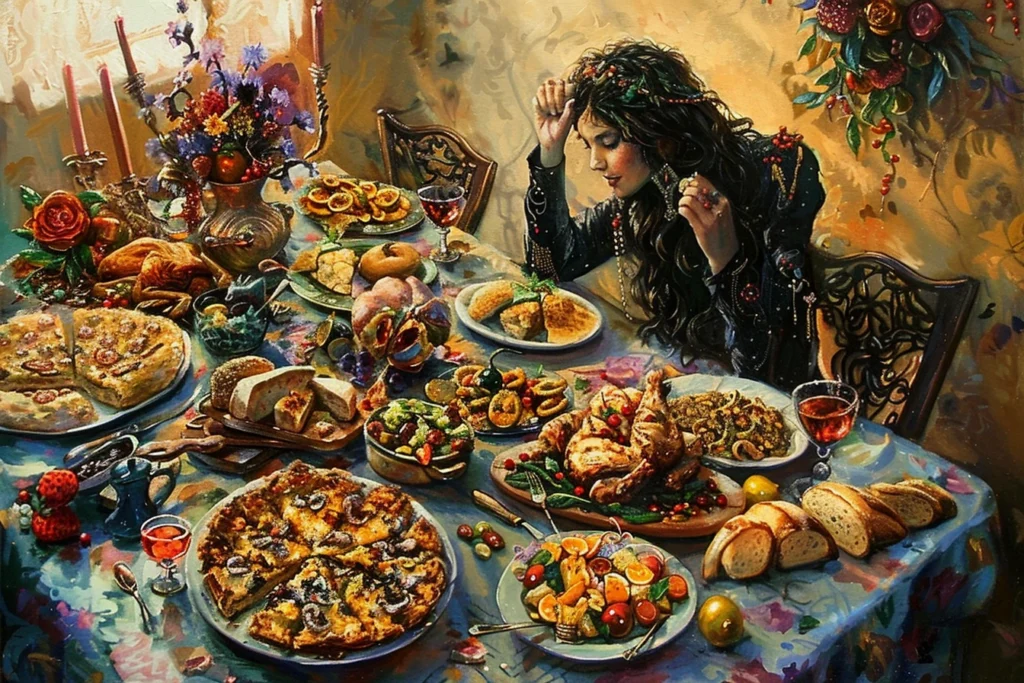
Gluttony
Gluttony is an affliction of excess regarding food and drink, both in amount and quality. If presented with options of where or what to eat, the afflicted choose the most extravagant or exotic option. When purchasing food and drink, the afflicted order the most expensive food they can afford. If supply and wealth permit, the afflicted will generously purchase portions for their allies to enjoy.
Additionally, the afflicted requires twice as much food and drink as normal, such as two rations per day or two portions of prepared food. This extra food and drink doesn’t provide any additional benefit or detriment.
The affliction ends for the afflicted when they do not eat for seven days in a row.
Greed
Those afflicted with greed have an irrational need to hoard wealth. This could involve acquiring more gold and resources or getting the most out of every copper. When asked to perform a service or take part in a quest, the afflicted ask for additional compensation. When dealing with merchants, the afflicted attempt to haggle and they’re not above stealing if the opportunity arises. The afflicted are less inclined to sell items unless they’ll gain significantly more value by doing so.
While adventuring, the afflicted try to be as efficient as possible with their resources. They use regenerative resources before consumable ones and choose the minimum spell slot necessary to solve a problem. When it comes to treasure, the afflicted are more likely to risk their life to sneak past the dragon to access its hoard or climb the crumbling statue to pry the gems out of its eyes. Amongst companions, the afflicted argue for a greater portion of the loot.
The affliction ends for the afflicted when they freely give away the most valuable thing they own and take nothing in return.
Lust
Those afflicted with lust seek the affection and affirmation of others. They willingly overextend themselves to gain the favor of strangers and give enemies or aggressors significant leeway in hopes of swaying them. The afflicted makes Charisma (Persuasion) checks with advantage.
In combat, if the enemy or enemies haven’t attacked, used an offensive ability or trait, or cast an offensive spell, the afflicted will use their action to make a Charisma (Persuasion) or Wisdom (Animal Handling) check to try and deescalate the situation.
The affliction ends for the afflicted when they fail seven Charisma (Persuasion) checks.
Pride
The prideful are at the forefront of battle, wearing the finest weapons and armor they own, or standing in the center of a ballroom with an elegant gown and the attention of every guest. They boast about their accomplishments and accolades and have irrational self-confidence in everything they do. The afflicted will attempt every ability check afforded them, even when experts have failed, and when a difficult task presents itself, they gladly volunteer.
In combat, this self-confidence can be a boon and a bane. The afflicted are immune to the fear condition and sometimes run headlong into danger. This pride also prevents the afflicted from fleeing. They can’t willingly move away from the nearest enemy if it doesn’t have the unconscious condition. If more than one enemy meets this requirement, one of them is chosen at random as the enemy they won’t flee from.
The affliction ends for the afflicted when they are defeated in battle.
Sloth
The affliction of sloth makes those affected prefer a relaxed life. They enjoy sleeping in whenever they can and often petition their companions to stay an additional night at the inn. As those around them hustle and bustle, the afflicted go at a leisurely pace. When traveling by foot or by mount, the afflicted move at half the normal pace, instead preferring a carriage or cart when a faster pace is required.
In combat, the afflicted take their action before their move. They don’t overexert themselves if unnecessary.
The affliction ends for the afflicted when they suffer the fifth level of exhaustion.
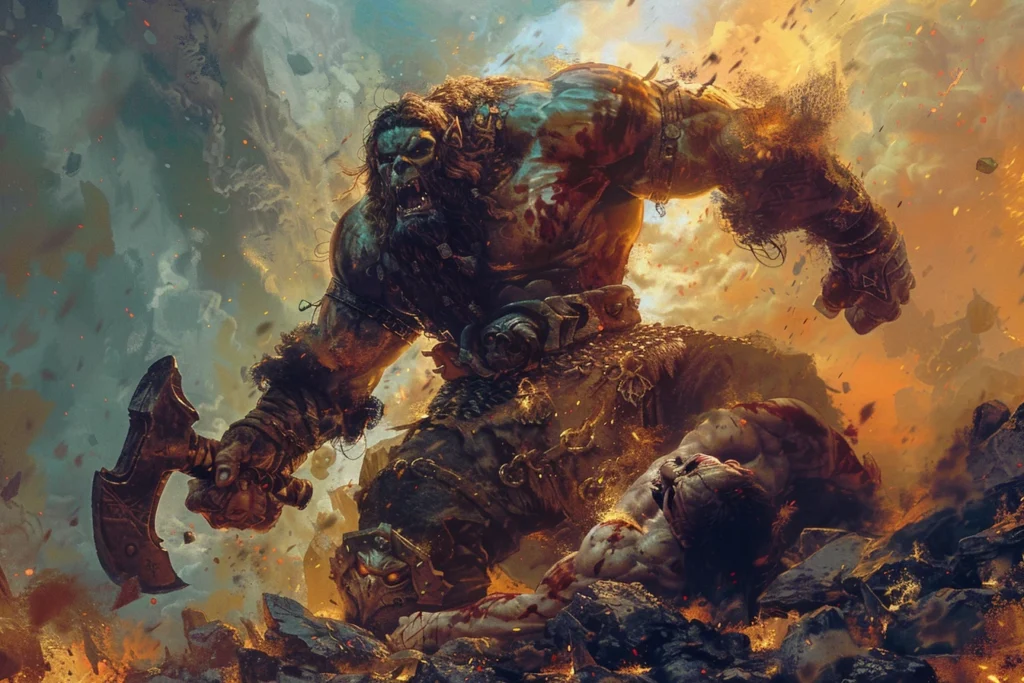
Wrath
Those afflicted with wrath are easily angered and turn to violence at the smallest slight. They hold grudges for life and defeating their enemy doesn’t end their wrath towards them. The afflicted has advantage on Charisma (Intimidation) checks and uses it in place of Charisma (Persuasion) checks, sometimes to ill effect.
In combat, the afflicted use the most damaging spell or ability available to them, even when it’s inefficient, and they never attempt to knock a creature out instead of landing a killing blow.
The affliction ends for the afflicted when they avoid fighting and conflict for at least seven days in a row.
The Cure
Downloads
Further Reading
Looking for some regular old curses instead of afflictions, take a look at these undead themed curses.
Here’s a holiday themed curse and disease.
Imagery created with Midjourney.

